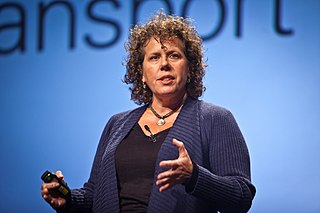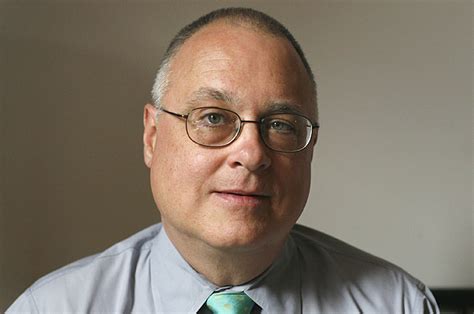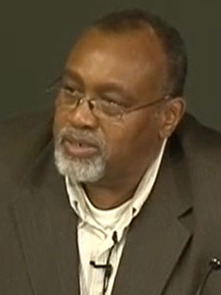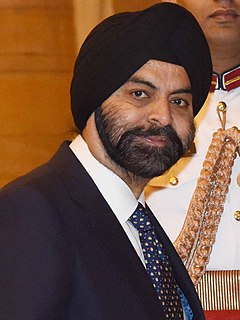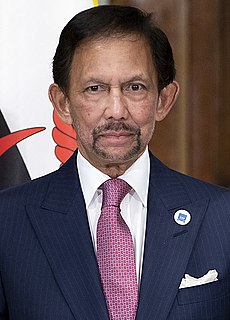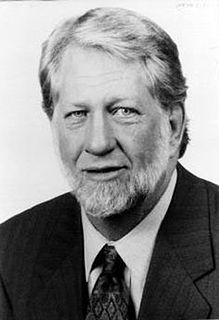A Quote by Lisa Gansky
Insurance and funding traditionally drive capital investment. But in a world based on access, not ownership, the duration, value, cost and extent of financial services is distinctly different.
Related Quotes
Capital movements are no longer necessarily related to the production of goods and services. Through the financial markets of the world, capital movements today are overwhelmingly concerned with the capture of and trade in property rights, the ownership of assets that magnify a corporation's wealth, power, and control. It is what John Maynard Keynes described as "a casino world"-wealth without worth.
A rentier is an investor whose relationship to a company or enterprise is strictly limited to the ownership of financial wealth (such as stocks or bonds) and the receipt of income on that wealth (such as dividends or interest). The financial system performs dismally at its advertised task, that of efficiently directing society's savings towards their optimal investment pursuits. The system is stupefyingly expensive, gives terrible signals for the allocation of capital, and has surprisingly little to do with real investment.
Like gold, U.S. dollars have value only to the extent that they are strictly limited in supply. But the U.S. government has a technology, called a printing press (or, today, its electronic equivalent), that allows it to produce as many U.S. dollars as it wishes at essentially no cost. By increasing the number of U.S. dollars in circulation, or even by credibly threatening to do so, the U.S. government can also reduce the value of a dollar in terms of goods and services, which is equivalent to raising the prices in dollars of those goods and services.
America is the only advanced industrial democracy where people can get sick and languish because they can't afford care. Or where people are blocked in access to the system because they don't have access to insurance, which is only available through certain narrow portals and under certain very restricted conditions. We're the only society that hasn't embraced this idea that no one should go without access to these services, regardless of their financial condition. And no one should be saddled with a lifetime of debt because they have the misfortune of falling ill.
